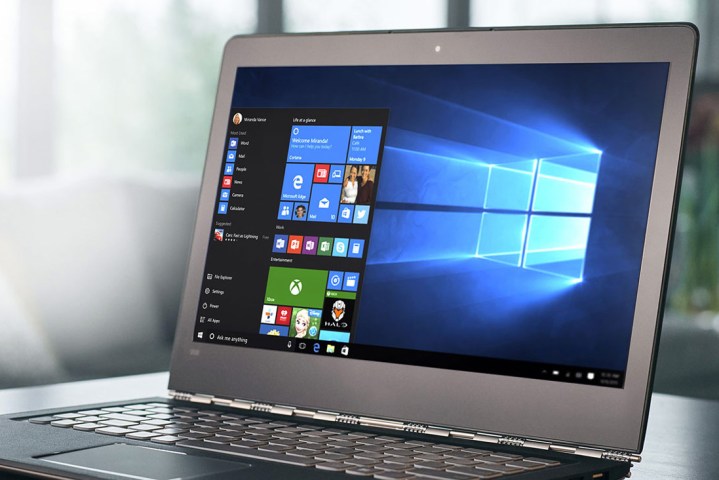
The new method of keeping an app waiting in the wings ditches the multiple, interconnecting processes used in the past for a single process. The streamlining has apparently been carried out in direct response to comments made by developers.
A blog post from Microsoft announcing the change notes that the company received plenty of feedback about its previously recommended background-apps methodology. According to developers, using multiple processes made things more resilient, but the amount of extra code required meant that it was far from an ideal solution.
Microsoft goes into some detail about the new model in the aforementioned blog post, but the crux of the new system is the addition of new background triggers. These events should help cut down on the confusion that can arise when multiple processes are required to communicate with one another.
Being able to run an app in the background has become very important in recent years, both for users on smartphone hardware and for those on PC. The new functionality being introduced by Microsoft should improve performance while apps are in the background, especially for anyone on a less powerful rig.
Developers who are more familiar with the old ways of achieving background-app functionality will be able to continue using multiple processes, at least for the time being. For those interested in trying out Microsoft’s new solution, the single process model is available to devs targeting the Windows 10 Anniversary Update.
Editors' Recommendations
- Microsoft announces a new threat to push people to Windows 11
- Windows 11 vs. Windows 10: finally time to upgrade?
- Windows 11 24H2 or Windows 12? Here’s what’s coming soon
- The Windows 11 Android app dream is dead
- The Surface Pro 10 sounds amazing, and it may be coming soon


